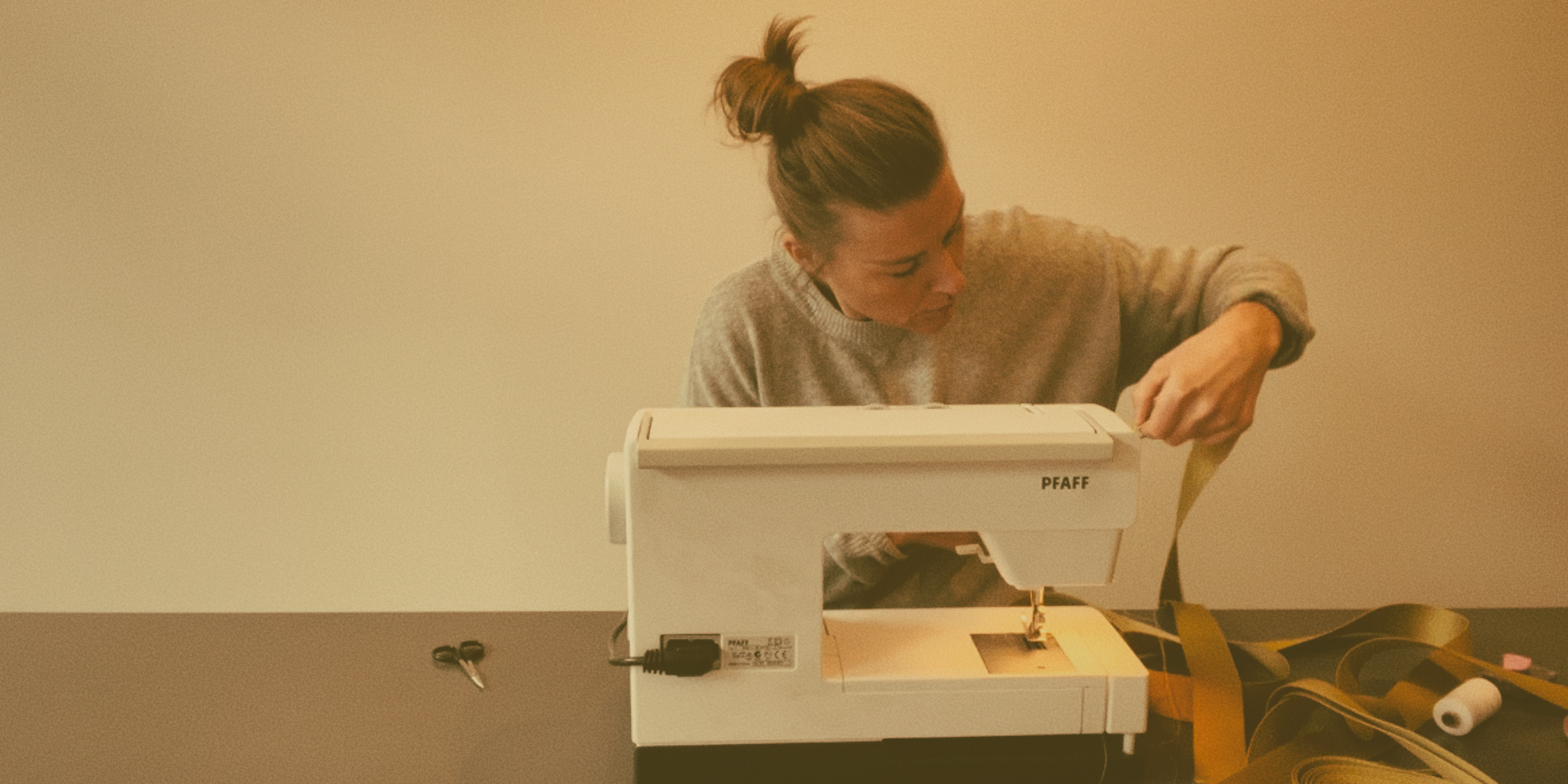
Skin-to-skin contact: Why it's so beneficial for baby and parents
Skin-to-skin contact between baby and parent is not a new phenomenon, but the benefits are many, and skin-to-skin contact is also something you can benefit from practicing if you are the parent of a newborn wonder. For many, the need to lie very close to your baby will come completely instinctively.
In this article, we will answer the most frequently asked questions regarding skin-to-skin contact.
What is skin-to-skin contact?
Skin-to-skin contact involves the baby lying naked against the bare skin of either the mother or father.
To achieve the best effect, the baby should have at least skin-to-skin contact with the stomach and chest . The less clothes the baby is wearing and the more of the baby's body that is in direct contact with the parents' skin, the better.
What are the benefits of skin-to-skin contact for baby and parent?
Skin-to-skin contact has a number of benefits, which will be discussed in more detail in the following sections:
1. The baby has an easier and more comfortable transition from the womb to the big world outside
The transition from the womb to the big world outside can be quite dramatic and overwhelming for a newborn baby. Skin-to-skin contact helps make this transition more comfortable. and gentle. Skin-to-skin contact creates a sense of security and closeness, reminding the baby of the warm and protective environment of the womb.
2. The baby and the parent build a strong connection faster
Skin-to-skin contact is an incredibly rewarding experience for both baby and parent.
It's a unique way to build a deep and strong connection This type of contact is not only important for fulfilling the baby's need for closeness and security, but it also has a positive impact on the parent, creating a feeling of presence and love.
3. Skin contact releases anti-stress hormones – and promotes relaxation and good sleep
Skin-to-skin contact releases anti-stress hormones in both the baby and the parent. These hormones help reduce stress and create a sense of relaxation and calm. This often results in better and deeper sleep for both the baby and the parent.
4. Parents learn to read their baby's signals more quickly
Through skin-to-skin contact, parents learn to read their baby's signals more quickly. and needs. They become more aware of the baby's body language, facial expressions and sounds, making it easier to respond to the baby's needs.
5. Skin-to-skin contact promotes breastfeeding
Skin-to-skin contact has a positive impact on breastfeeding . When the baby is in contact with the mother's skin, the hormone oxytocin, also known as the love hormone, is released. Oxytocin has a calming and pleasant effect and helps activate the mother's milk production. At the same time, the baby's sucking reflex is stimulated, as the baby can smell the mother's skin and milk, which can help to alleviate any breastfeeding challenges.
6. Baby's breathing and heart rate become more stable
Skin-to-skin contact has a calming effect on baby's breathing and heart rate The close contact with the parent's skin helps stabilize these vital functions and creates a sense of security for the baby.
7. It helps the baby maintain a healthy and comfortable body temperature
Skin-to-skin contact helps maintain the baby's body temperature in a healthy and comfortable way. The mother's skin acts as a natural temperature regulator and adapts to the baby's needs. This allows the baby to feel warm and comfortable .
How long is skin-to-skin contact beneficial?
How long skin-to-skin contact is beneficial can vary, but it is especially beneficial in the first few weeks. after birth. However, there is no set limit to how long skin-to-skin contact can be maintained. It is ideal to continue skin-to-skin contact for as long as it feels comfortable for both baby and parent.
Skin-to-skin contact can have a particularly good effect on premature babies
Skin-to-skin contact is particularly beneficial for premature babies . It helps them to thrive and sleep better. There is also evidence that skin-to-skin contact has a positive effect on the baby's digestion and immune system. This is why premature babies are increasingly being placed in a so-called human "incubator" - where they have skin-to-skin contact with their parents.
Remember: You must remain alert during skin-to-skin contact.
An important final note is that you need to make sure to stay awake during skin-to-skin contact. Being skin-to-skin with your little nugget can be very pleasant and relaxing, but for safety reasons it is recommended that you remain awake. When you are skin-to-skin with your baby, you should also make sure that your baby's airway is always clear.






